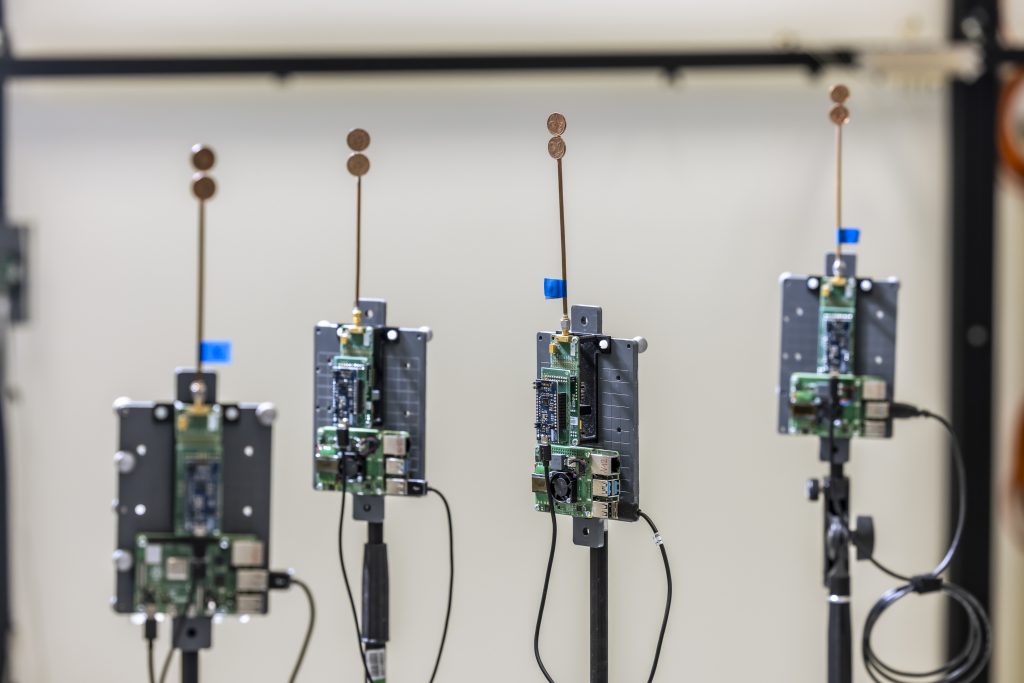In the recently completed E-MINDS research project, researchers from Pro²Future, TU Graz and the University of St. Gallen achieved a key breakthrough: artificial intelligence can now run efficiently on highly resource-constrained IoT devices without relying on external computing power.
Led by Dr Michael Krisper, Senior Researcher at Pro²Future and affiliated with the Institute of Technical Informatics at TU Graz, the project focused on developing scalable AI models for embedded systems with only a few kilobytes of memory. These models can, for example, correct positioning errors caused by signal interference in industrial environments.
Intelligence in miniature: new approaches for real-time edge AI
The research team developed a modular set of methods that significantly reduce the memory footprint of AI models while maintaining performance. Key techniques include:
- Model orchestration: Instead of one universal model, multiple specialised models are available. Depending on the type of interference (e.g. metal, people, shelving), the appropriate model is selected and loaded within around 100 milliseconds.
- Subspace configurable networks (SCNs): A new model type that adapts dynamically to varying inputs. These SCNs proved highly efficient in object recognition tasks on IoT devices.
- Quantisation and pruning: By simplifying numerical values (e.g. using integers instead of floating-point numbers) and removing insignificant parts of trained models, computational load and energy use were reduced with minimal loss of accuracy.
These methods made it possible to run ultra-wideband (UWB) localisation AI directly on chip-level hardware, enabling applications in drones, shuttles and mobile robots in automated warehouses, as well as in future fields like smart home devices or secure keyless entry systems.
From lab to broader application
While E-MINDS focused on robust UWB localisation for industrial automation, the results clearly show that efficient edge AI is no longer limited to high-performance computing. The developed methods are transferable to a wide range of use cases – from logistics to consumer electronics.
Original published text: https://www.tugraz.at/en/news/article/kuenstliche-intelligenz-im-miniaturformat-fuer-kleinstgeraete
📷 Image credit: Lunghammer – TU Graz
Contact Information:
Michael KRISPER
+43 664 78517623


